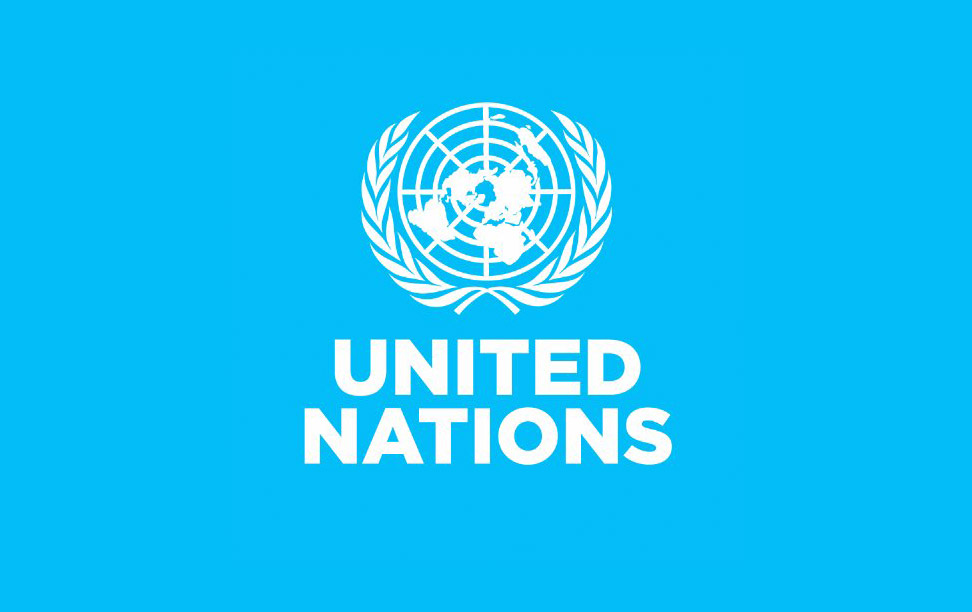Pakistan says right to development also corollary of right to self-determination

By MG News | October 15, 2021 at 11:15 AM GMT+05:00
October 15, 2021: Pakistan has called for operationalisation of the right to development for human development and universal enjoyment of all human rights, saying it would also ensure building back better from the devastation left behind by the coronavirus pandemic.
"The realization of the right to development constitutes both the primary end and the principal means of sustainable development," Ambassador Aamir Khan, Pakistan's deputy permanent representative to the United Nations, told a UN panel on Thursday.
The right to development, he said, was also a corollary of right of all peoples to self-determination.
"We believe that all peoples, including peoples under foreign occupation, such as in Jammu and Kashmir, to have the right to self-determination to freely determine their political status and freely pursue the realization of their right to development," Ambassador Aamir Khan added.
The Pakistani envoy made those remarks in the course of an interactive dialogue with the Chairperson of the Interagency Gender Working Group (IGWG), Zamir Akram, in the UN General Assembly's Third committee, which deals with social, cultural and humanitarian issues.
IGWG is mandated to promote gender equity in order to improve global health and foster sustainable development.
The Declaration on the Right to Development outlined the principles of global solidarity and cooperation which, Ambassador Aamir Khan said needed to be translated into commitments by the international community.
He commended the IGWG's chairperson for preparing the draft of a legally-binding Instrument on the Right to Development which would oblige states to respond to the challenges confronted by millions in the world today.
These included poverty, inequality, within and across countries, climate change, colonization, neo-colonization, forced displacement, racism, conflicts, aggression and threats against national sovereignty, national unity and territorial integrity, and the denial of other human rights.
"We welcome the negotiations underway on the legally-binding instrument in the IGWG and will continue to participate constructively in its deliberations".
Zamir Akram, a former Pakistani diplomat and now chairing the Working Group on the Right to Development, updated the committee on activities pursued over the year, that during the body’s 21st session, held virtually in May 2021.
He said states noted the need to take measures to realize the right to development as a universal and inalienable human right, with several stressing that a legally-binding instrument could ensure that the right becomes a priority. However, he said, one group of States did not consider such an instrument an appropriate mechanism for realizing the right to development.
The chairperson said that the Working Group also considered a draft convention on that right, which was prepared by a group of experts from all five geopolitical regions of the Human Rights Council. Every effort was made during the drafting process to ensure transparency and participation by all stakeholders, including national human rights institutions.
APP
Related News
| Name | Price/Vol | %Chg/NChg |
|---|---|---|
| KSE100 | 131,949.07 198.95M |
0.97% 1262.41 |
| ALLSHR | 82,069.26 730.83M |
0.94% 764.01 |
| KSE30 | 40,387.76 80.88M |
1.11% 442.31 |
| KMI30 | 191,376.82 77.76M |
0.36% 678.77 |
| KMIALLSHR | 55,193.97 350.11M |
0.22% 119.82 |
| BKTi | 35,828.25 28.42M |
3.64% 1259.85 |
| OGTi | 28,446.34 6.84M |
-1.02% -293.01 |
| Symbol | Bid/Ask | High/Low |
|---|
| Name | Last | High/Low | Chg/%Chg |
|---|---|---|---|
| BITCOIN FUTURES | 108,125.00 | 110,525.00 107,865.00 |
-2290.00 -2.07% |
| BRENT CRUDE | 68.51 | 68.89 67.75 |
-0.29 -0.42% |
| RICHARDS BAY COAL MONTHLY | 97.50 | 0.00 0.00 |
0.75 0.78% |
| ROTTERDAM COAL MONTHLY | 106.00 | 106.00 105.85 |
-2.20 -2.03% |
| USD RBD PALM OLEIN | 998.50 | 998.50 998.50 |
0.00 0.00% |
| CRUDE OIL - WTI | 66.50 | 67.18 66.04 |
-0.50 -0.75% |
| SUGAR #11 WORLD | 16.37 | 16.40 15.44 |
0.79 5.07% |
Chart of the Day
Latest News
Top 5 things to watch in this week
Pakistan Stock Movers
| Name | Last | Chg/%Chg |
|---|
| Name | Last | Chg/%Chg |
|---|




 Central Government Debt
Central Government Debt
 CPI
CPI